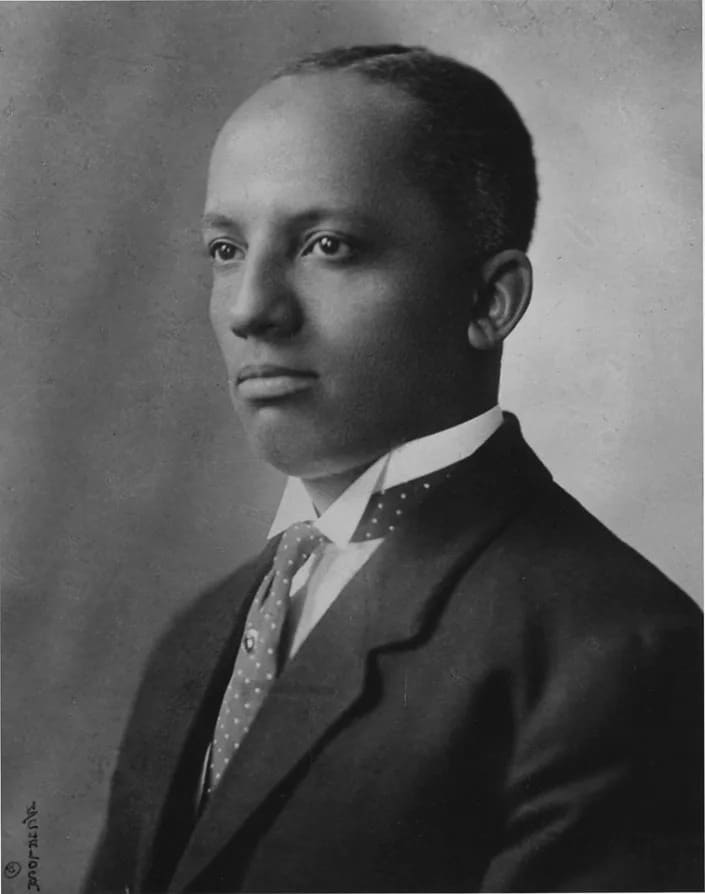
Why is Black History Month Observed in February? How to Celebrate?
The beginning of February signals the start of Black History Month, a nationally recognized observance honoring the immense contributions African Americans have made to the United States and a moment to contemplate the ongoing fight for racial equality.
According to LaGarrett J. King, an associate professor of social studies education at the University of Missouri, Black History Month has evolved into one of the most widely recognized cultural heritage months on the calendar.
Schools and businesses commemorate Black history through food, lectures, plays, and quizzes, while major corporations launch clothing, TV specials, and consumer content. However, these initiatives can sometimes appear insensitive when lacking appropriate context.
According to King, who is the founding director of the CARTER Center for K-12 Black History Education, while some educators utilize Black History Month to challenge the dominant narrative, many still approach the subject matter with a white-centric perspective.
According to King, many American public schools only provide a watered-down version of slavery and the civil rights movement, focusing on a limited number of figures that are considered acceptable to white audiences. Unfortunately, some schools even offer incorrect or inappropriate lessons, such as slavery reenactments.
Given the recent pushback against civil rights activism, such as the George Floyd protests, it is crucial for students to have a comprehensive understanding of Black history and systemic racism.
Here is the important information to know about Black History Month and how to honor it appropriately:
Who originated Black History Month?
Carter G. Woodson, famously referred to as the “Father of Black History,” established Black History Month. Born to parents who were enslaved, Woodson was a highly accomplished author, historian, and the second African American to receive a Ph.D. from Harvard University.
He realized that African Americans were not adequately represented in the American education system and thus, founded the Association for the Study of Negro Life and History (now called the Association for the Study of African American Life and History).
In 1926, Woodson introduced a national “Negro History Week” to showcase all the information students had learned about Black history throughout the school year. It wasn’t until 1976, during the civil rights movement, that President Gerald Ford expanded this week into Black History Month.
What is the reason for Black History Month being in February?
The second week of February was selected by Woodson to coincide with the birthdays of Frederick Douglass, a renowned abolitionist who fled from slavery, and President Abraham Lincoln, who officially ended slavery.
National Freedom Day, on February 1st, marks the approval of the 13th Amendment, which abolished slavery in 1865. Richard Wright, a former slave who became a civil rights advocate and author, advocated for the observance of this day, according to CNN, referencing the National Constitution Center.
While National Freedom Day is not a federal holiday, President Harry Truman acknowledged it in 1949 and encouraged the public to reflect on its importance.
What makes Black History Month significant?
Woodson felt that it was crucial for young African Americans to be aware of and take pride in their cultural background. He stated, “The lack of knowledge about one’s ancestors’ accomplishments results in a loss of motivation, which can only be obtained through the study of biography and history.”
According to Dionne Grayman, who specializes in facilitating school discussions on race, the nation can only progress beyond racial division through acknowledging the truth, taking responsibility, and ultimately achieving reconciliation.
Dan Hirschman, an assistant professor of sociology at Brown University in Rhode Island, believes that the ignorance of the history of racism and the tendency to ignore the brutalities of racial violence in the US have led to resentment towards the civil rights movement. This resentment is fueled by organizations like right-wing media and white supremacists, he added.
How to celebrate Black History Month?
The 2023 Black History Month theme of “Black Resistance” has been selected by the Association for the Study of African American Life and History. To celebrate, various organizations, such as the ASAALH and the National Museum of African American History and Culture, offer online events for those who cannot attend in person.
The NAACP provides businesses with tips on how to properly observe Black History Month.
For those looking to educate themselves on Black history, King suggests utilizing resources such as blackpast.org, the Black History 101 Mobile Museum, and reading books like “A Black Women’s History of the United States” and “From Slavery to Freedom.”
King emphasized the importance of teaching Black history from Black perspectives and offered seven principles for educators to consider when teaching Black history.
- Power, oppression and racism
- Black agency, perseverance and resistance
- Africa and the African diaspora
- Black joy and Black love
- Black identities – other than heterosexual, Christian, middle-class Black men
- Black historical contention and the problematic aspects of Black history
According to Hirschman, a key area of focus should be gaining a precise knowledge of the Reconstruction era, following the Civil War, to enhance Americans’ comprehension of current forms of racialized violence such as mass incarceration. He emphasized the significance of acknowledging the numerous ways in which racism is ingrained in America’s fundamental structures.
“It’s definitely deeply worked into the structure of the country,” he said.
According to Grayman, a staff developer at Morningside Center for Teaching Social Responsibility in New York City, the teaching of Black history should extend beyond the confines of February. As a former English teacher, she believes it is important to incorporate more works by Black authors such as James Baldwin into the literary canon.
Grayman emphasized that the important historical contributions of Black individuals should be integrated into the overall curriculum.

